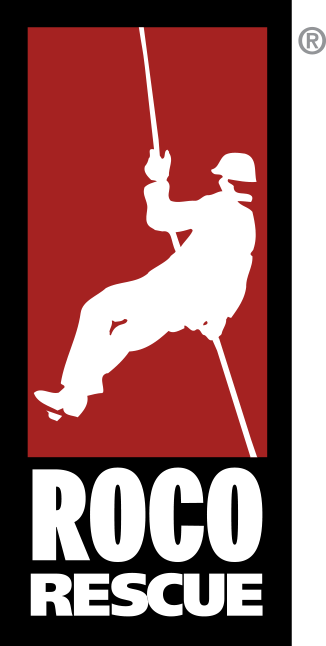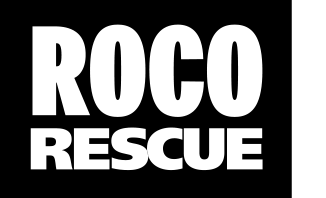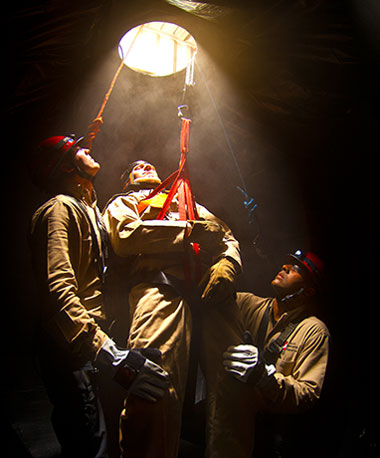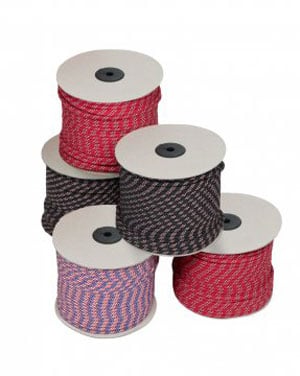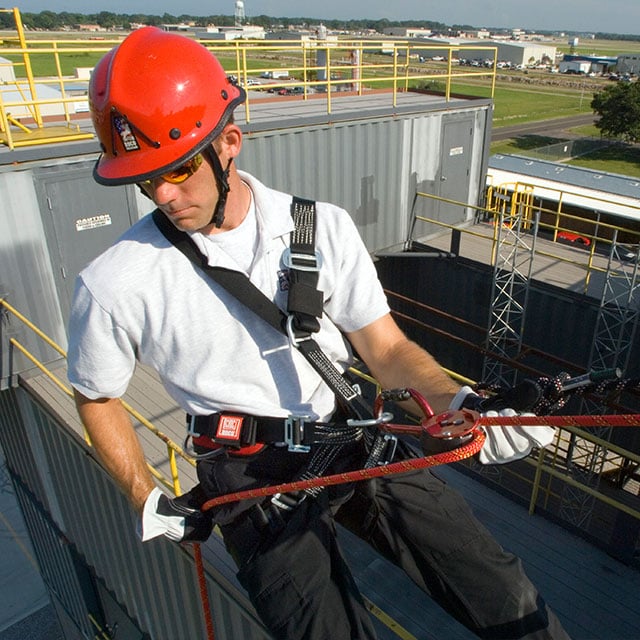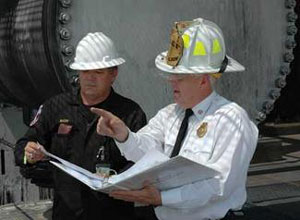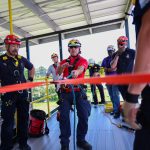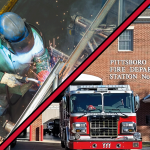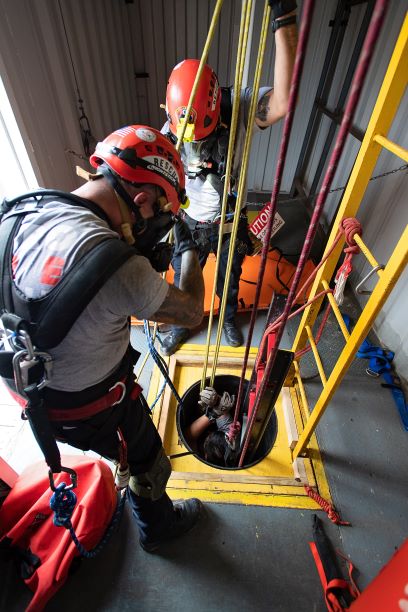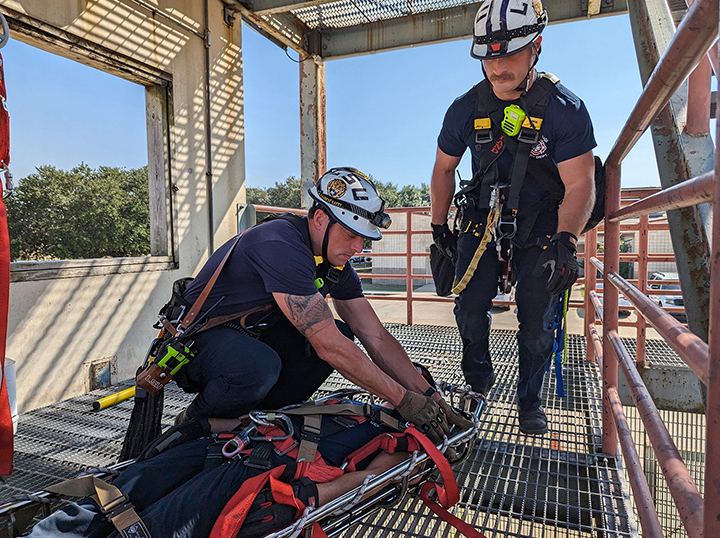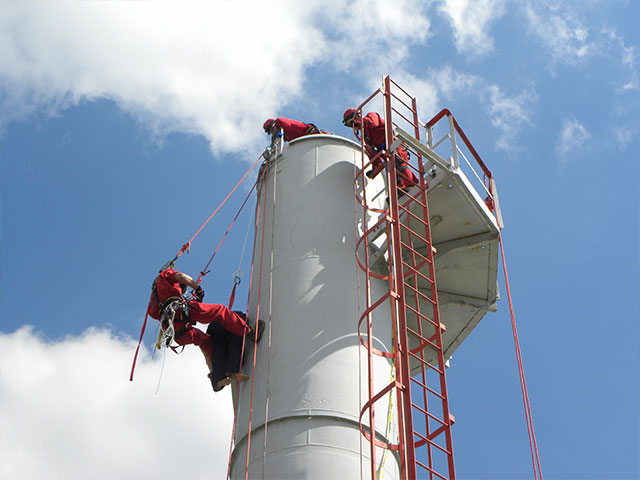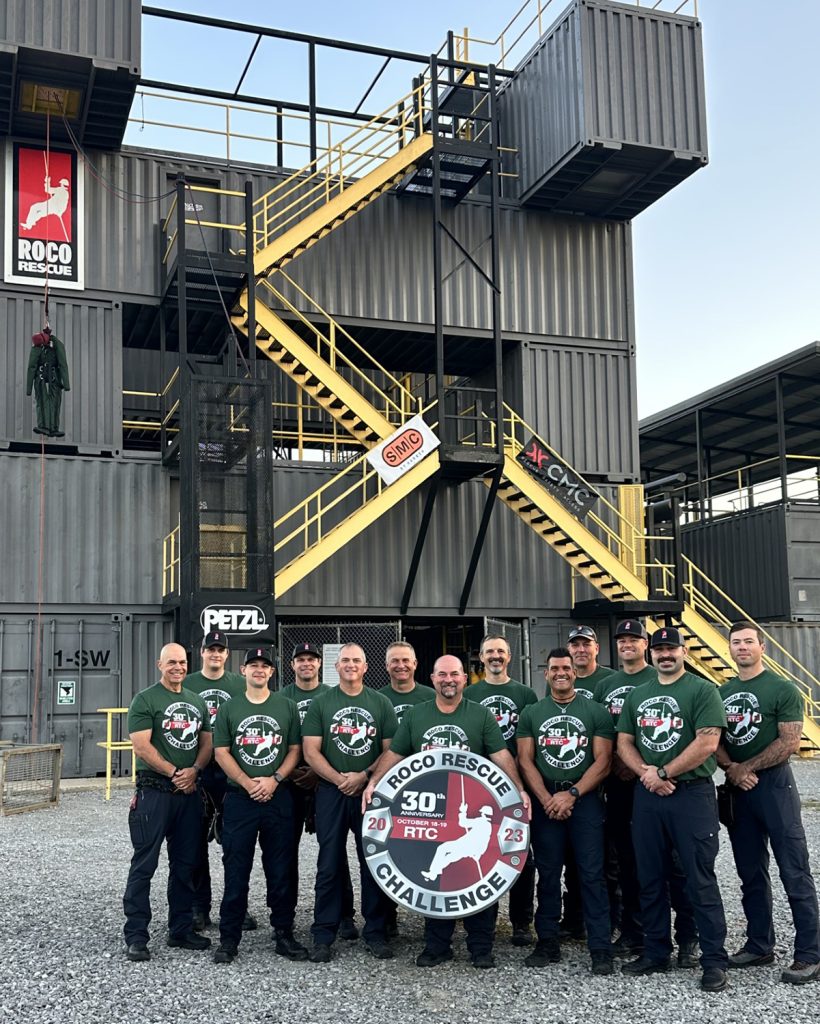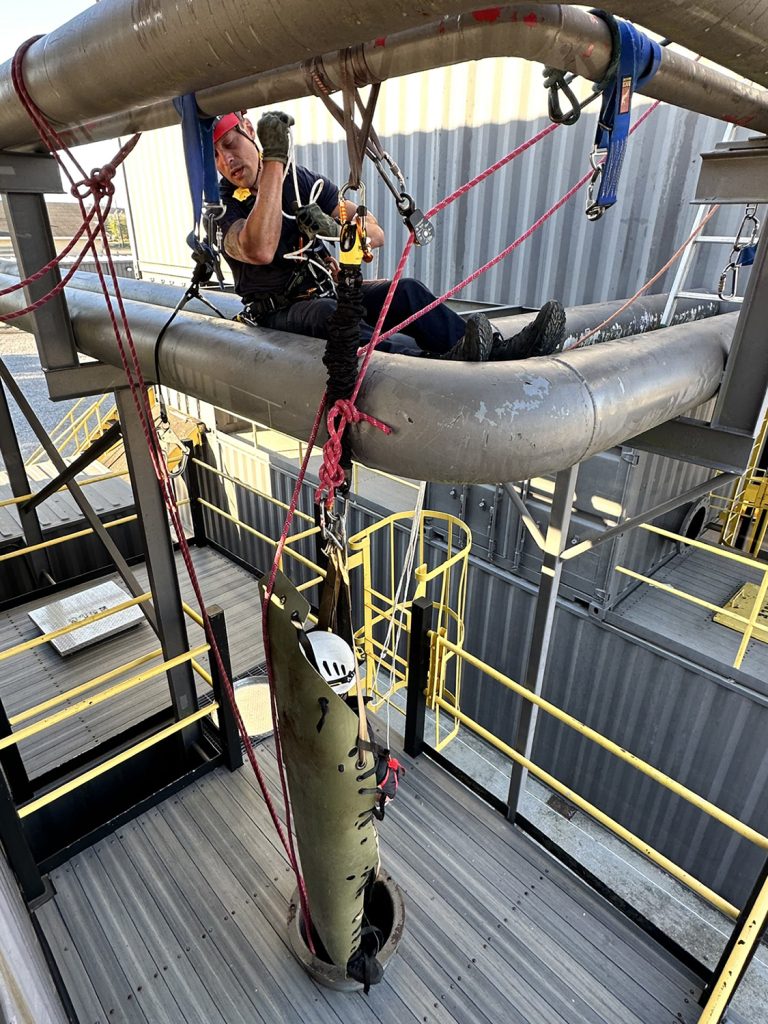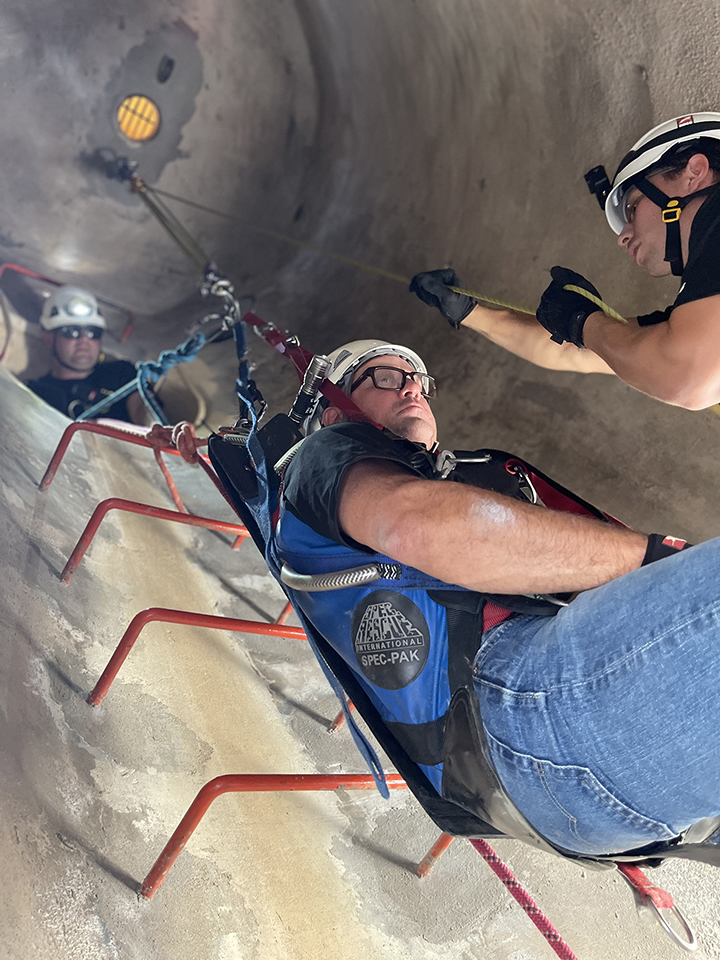January 7, 2015
READER QUESTION: If Appendix F is non-mandatory, then why is it relevant to my PRCS program? ROCO TECH PANEL ANSWER: Questions often arise about the application of Appendix F of OSHA’s Permit Required Confined Spaces standard. Those questions usually focus on the “non-mandatory” characterization of the appendix. The question most often asked is: “If it’s...
Read More
April 2, 2014
READER QUESTION: Can a patient be lowered in a vertical or horizontal Sked without being lashed to a backboard or without a backboard at all? ROCO TECH PANEL RESPONSE: The answer is YES! This is one of the advantages of choosing the Sked stretcher.
Read More
March 11, 2014
READER QUESTION:Regarding the Roco video/technique for shortening webbing… what is the strength impact on the webbing with this technique? When going from the looping double/basket method to a choker configuration changes the strength quite a bit because of all sorts of twists and bends… would the strength impact be 50%? ROCO TECH PANEL RESPONSE:After reviewing...
Read More
June 18, 2013
QUESTION FROM OUR READER: In the new Stokes lashing video the instructor tied 2 butterfly knots into the webbing. Can this also be done with 2 figure eight knots in the webbing? Also I was looking for the information on Sked lashing, with by-passing the top 2 grommets and starting with the first 2 on...
Read More
November 6, 2012
Here’s a question for the Roco Tech Panel from one of our readers. I recently became the ERT trainer. I have introduced the Petzl descender to the group and they love it. The question was brought up about the rating for lowering and raising of patients. What is it limits and can it be used in...
Read More
September 18, 2012
Report submitted by John Voinche’, Sr. Vice President/COO, Roco Rescue In July, a group of Roco instructors conducted a Confined Space Rope Rescue demonstration for OSHA representatives from Washington, DC. These agency officials represented both General Industry and Construction. This demo was used to clarify our concerns about a pending Letter of Interpretation (LOI) concerning...
Read More
May 8, 2012
QUESTION: What is required for making multiple confined space entries, and can an Attendant/Hole Watch monitor more than one entry at a time? ANSWER: Good question! And, the answer is YES according to OSHA 1910.146. However, each space must be evaluated on its own merits with all regulations and requirements applying to each individual entry....
Read More
October 24, 2011
Unfortunately, there’s not a reasonably priced “non-destructive” test to determine a particular rope’s strength. Your best bet is to have trained personnel using the rope, keep good rope use logs and inspect the rope after every use. It’s always best to refer to your rope manufacturer for proper care, inspection and replacement, so that’s what...
Read More
October 18, 2011
We’re often asked about using training rope for rescue purposes, so here’s what we discovered… The short answer is yes. However, NFPA 1500 provides some additional guidelines. NFPA 1500 Standard on Fire Department Occupational Safety and Health Program (2007 Edition) 7.16.3* Life safety rope used for rescue at fires or other emergency incidents or for training shall...
Read More
September 13, 2011
Often the question comes up about using a local fire department for confined space rescue coverage in an industrial facility; and if it would be in compliance with OSHA 1910.146? In addition to the proper evaluation of the prospective rescue service, we always stress the need for “reciprocal communications” between the rescue service and the...
Read More
